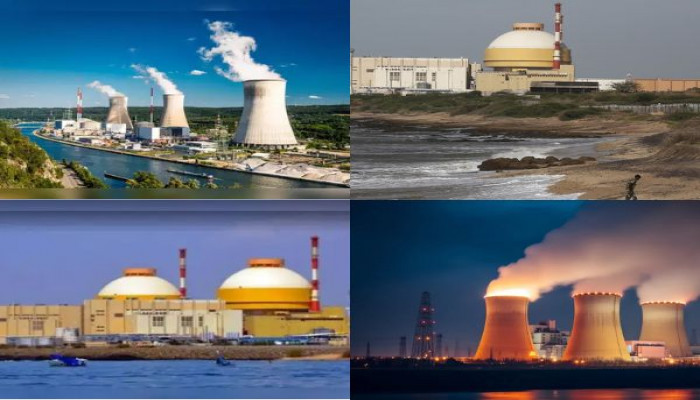India plans to amend nuclear liability law to attract foreign investments
- In Reports
- 05:48 PM, Apr 18, 2025
- Myind Staff
India is set to introduce changes to its nuclear liability law to increase foreign investments, especially from American companies that have drifted away because of perceived legal exposure. The federal government is considering amendments to the 2010 Civil Liability for Nuclear Damage Act, a statute that reflected in part its experience with the 1984 Bhopal Gas Tragedy, according to three senior government sources cited in a report by Reuters. The objective of these amendments is to attract investors in the nuclear sector by making it more friendly toward investment and in sync with global standards.
Need For Change
International suppliers have long viewed the liability law as a hindrance. It puts an unlimited liability on their part in case of any nuclear accident. This is not very much in practice around the world. Such policies discourage large companies like General Electric and Westinghouse Electric from coming to India on the nuclear market, despite an historic civil nuclear deal signed with the United States in 2008.
External Affairs Minister S. Jaishankar had raised the issue earlier this month at the Carnegie Global Technology Summit 2025 held in New Delhi, where he stated that the law had not established any sense of trust in the global nuclear industry. "The current law has not instilled confidence in the international nuclear industry," Jaishankar said as he pointed out that interest from private companies wishing to explore opportunities in India's nuclear energy sector was also increasing.
Proposed Amendments
The proposed amendments to the law currently under review by the Department of Atomic Energy set out to provide for a ceiling on compensation for which suppliers would be liable in the event of an accident. The ceiling would be limited to the value of the relevant original equipment supply contract, with an express time limit provided for any such claims to be made. This would be a sharp turn from the current law, which provides for unlimited compensation claims and has no time limit regarding claims.
These reforms are part of a much larger government initiative led personally by Prime Minister Narendra Modi for speeding up nuclear power generation. The target is reported to be 100 gigawatts by 2047, which means that there will be an increase of twelve times of current output.
Parliamentary Procedures
The bill will have to go through the Parliament and is likely to be discussed in the upcoming July Monsoon Session. Once passed, it would likely allow for much greater international cooperation and could result in a historic trade agreement between India and the United States. By 2030, the two countries hope to see bilateral trade rise to $500 billion, a sharp increase from $191 billion registered last year. India is also looking at increased participation of the private sector in the country's nuclear energy initiatives.







Comments